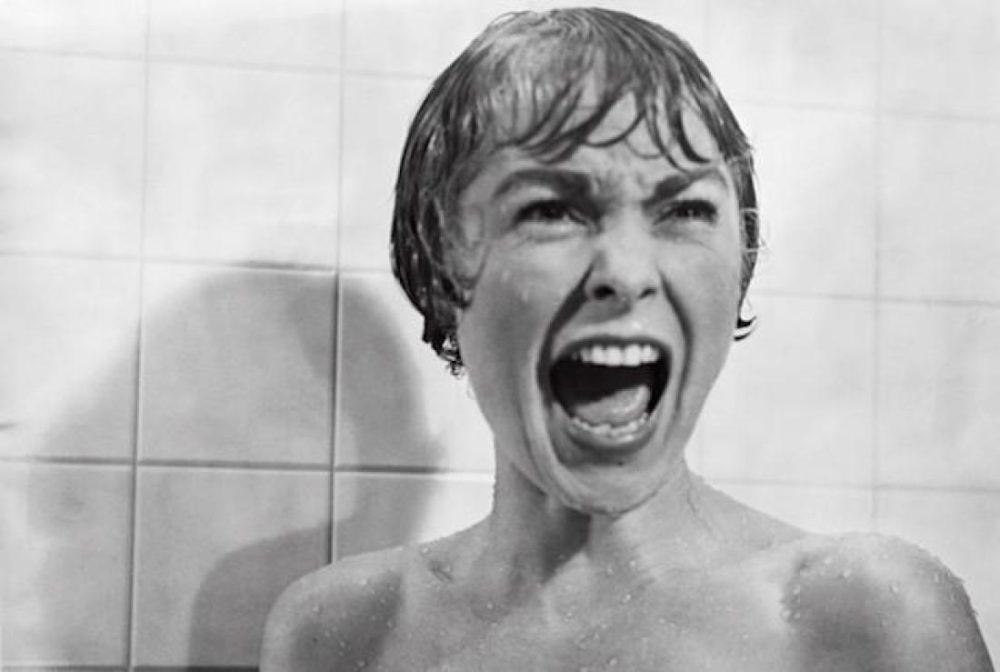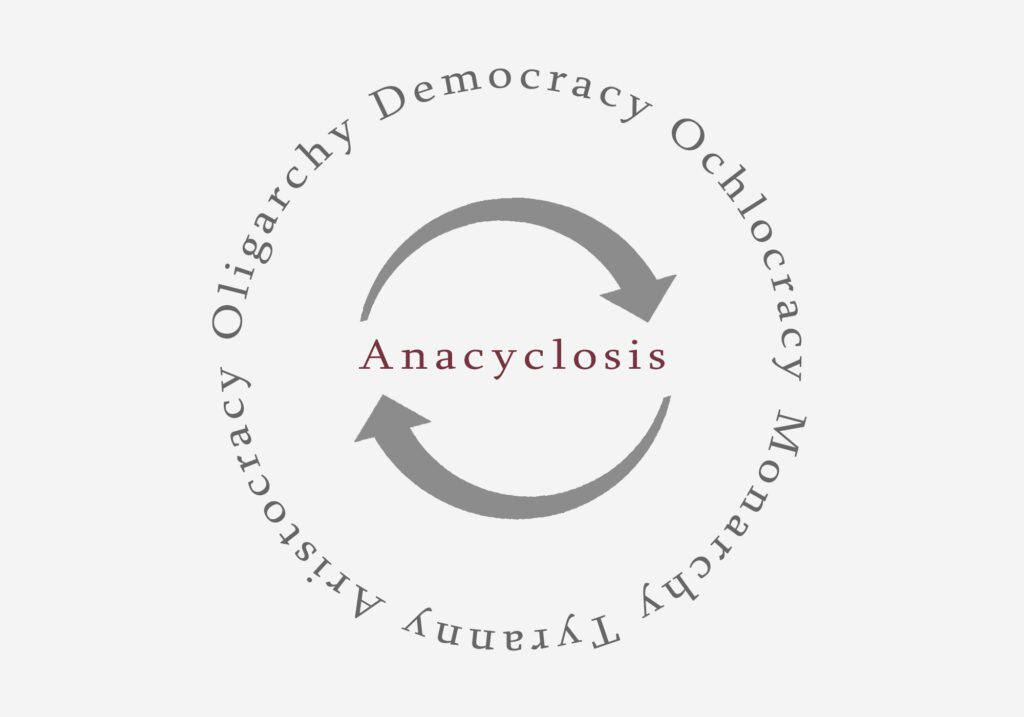America is Scared of Democracy
One Comment
August 31, 2021 11:31 pm
Just about all of the things you point out is astonishingly precise and that makes me ponder the reason why I had not looked at this with this light before. Your article really did turn the light on for me personally as far as this particular subject matter goes. Nonetheless at this time there is actually one particular issue I am not too comfortable with and while I try to reconcile that with the main idea of your issue, let me observe what all the rest of the visitors have to say.Well done.



Recent Comments